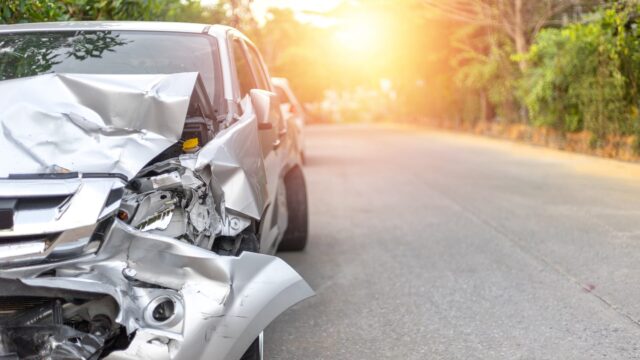
Numerous car accidents occur every day, and unfortunately, they involve damage done to the vehicle or the occupants. In the unfortunate event where you are involved in a car accident, there are some essential steps that you need to take to protect yourself and your interests.
Here is a list of things that you should do immediately after a car accident.
1. Inspect yourself for injury
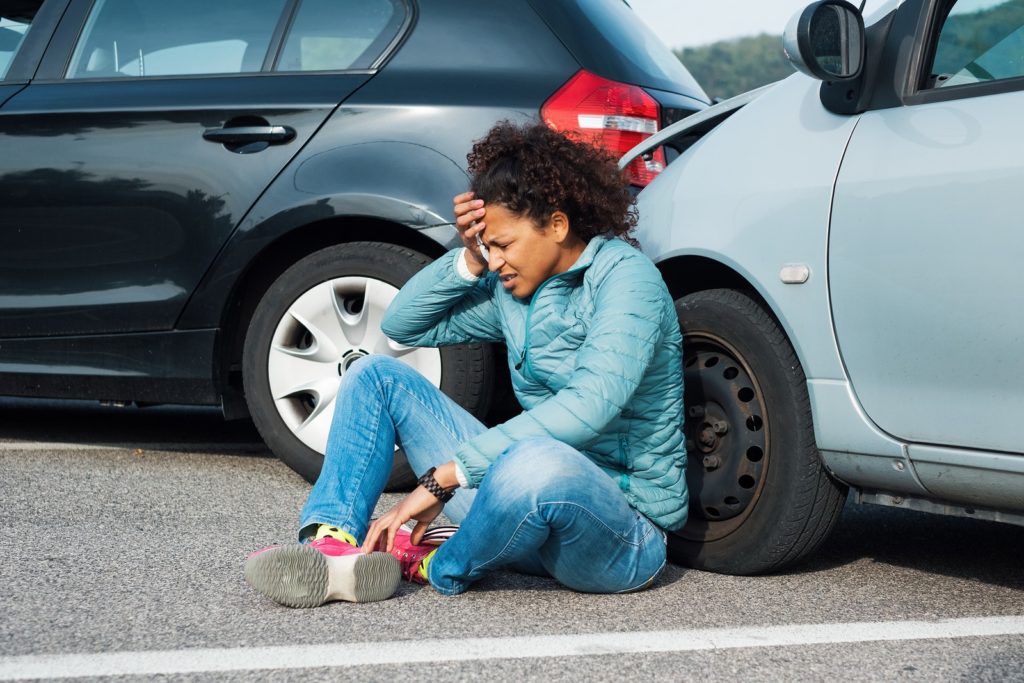
After the accident, check whether you or the passengers that you carried are injured. In case one of you is injured, despite the gravity of the matter or the magnitude of damage, dial 911. You might have a first aid kit in the car, in such a case, attend to the injuries of the affected casualties before considering any other move. After leaving the scene, some of the victims might have suffered from ankle sprains and swelling of body parts; consider visiting the hospital or you can immediately acquire compression socks that will avert inflammation, ease pain and help maintain the damaged tissue.
2. Protect your Family
Immediately after the accident, contact your family lawyer even before you speak to the insurance company. The insurance company will probably contact you shortly after the accident, and you might risk offering them information unintentionally or carelessly that might damage your case. It is beneficial to read this useful information, where you can gain enough knowledge if you get involved in an accident in Texas, or just even planning to visit the state. To succeed in your claim, you must contact an experienced personal injury law firm that has the resources.
A good law firm will build a persuasive case that will ensure that your family gets fair compensation for the accident. The lawyer will guide you when you are making the report to the insurance company and give you guidance on the next legal action that you should take. In case you have hit an animal, park your car on the side and look for the owner. If you have hit a wild animal, or you can’t locate the owner, you should call an animal rights society or dial 911. In case there are damages or injuries, never settle any claim without legal representation, and always ensure that you discuss with your attorney before accepting any compensation offers.
3. Stop
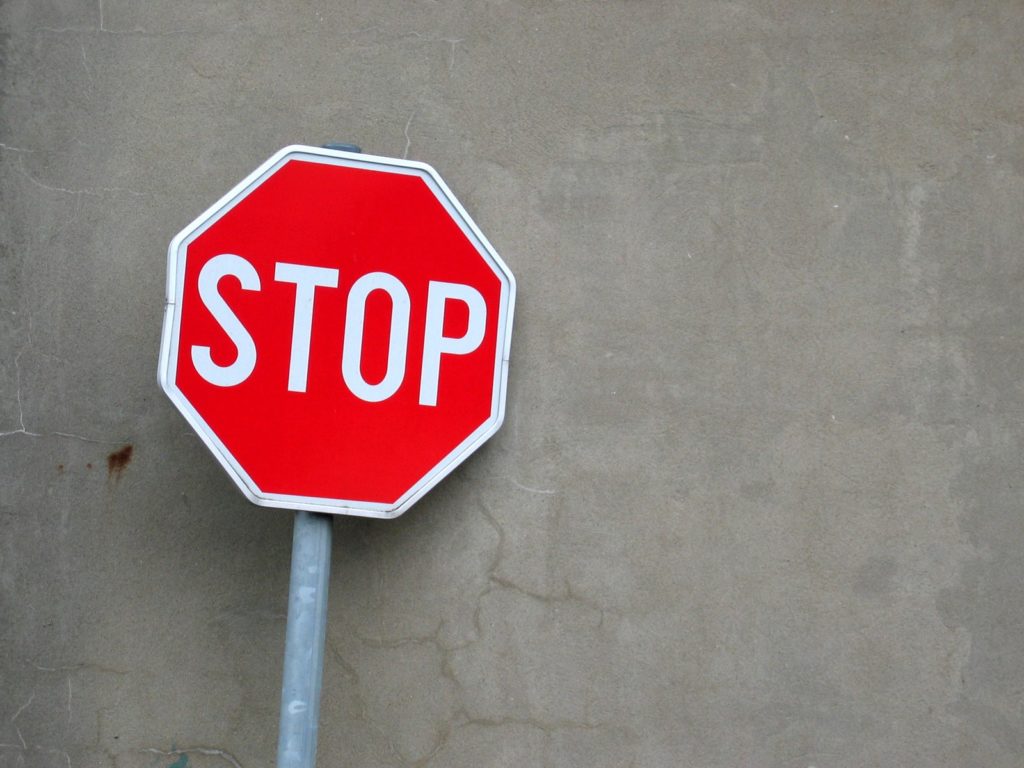
You should never drive off from the accident scene, even if it is a minor case. Park your car to the roadside to prevent further damage. In case anyone is hurt and the traffic is moving, direct the vehicles to the roadside and use road signs where necessary. Turn on the hazard lights and place emergency triangles that will notify oncoming drivers. Ensure that you take all safety measures to prevent the occurrence of further accidents or damage.
4. Notify the Police
You might have had a minor accident, and you consider brushing it off. Well, you must report the matter to the police given that the accident aftermath could get complicated despite having car insurance. It would be advisable to get a police report that will enable you to claim some benefits later.
As you wait for the police, exchange information with the affected driver, get eyewitness phone numbers and note down all the details that you can remember that culminated in the accident. Never leave the accident scene until police officers arrive and get your statement. Besides, note down the name of the officer who took the report considering that the information will be useful at a later time.
5. Obtain Some fine Details
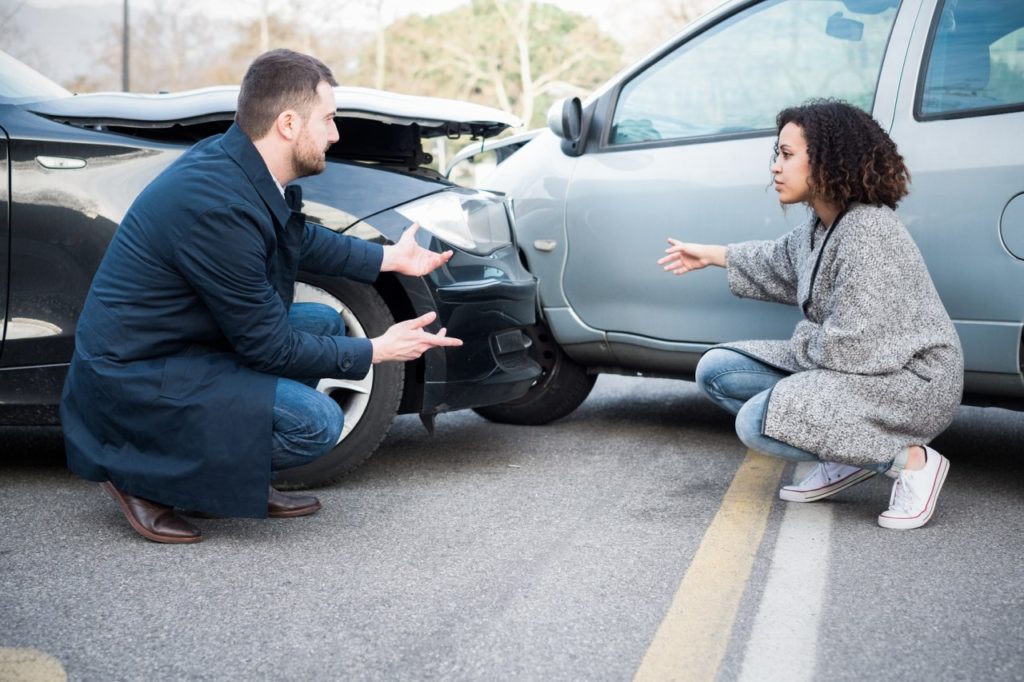
After the accident, exchange information with the involved driver and other vehicle owners that were present during the accident. Ensure that you get the names of all concerned parties, phone numbers, license plate numbers, home address, driver license number, car identification number, among other details. Also, note down the brand name and vehicle model.
6. Never Admit the Fault
Never lay blame on anyone or admit to the fault for the accident. In case other drivers confront you, do not debate over what happened or try to figure out the wrong party. By discussing information with the affected parties, you could distort the memory that you had about the accident; therefore, you would be unable to distinguish the occurrence from the discussion that you had. Hold a conversation with your attorney and the police. Both parties will use the gathered evidence from all parties to arrive at conclusions about the cause of the accident.
7. Beware of Early Settlement Officers
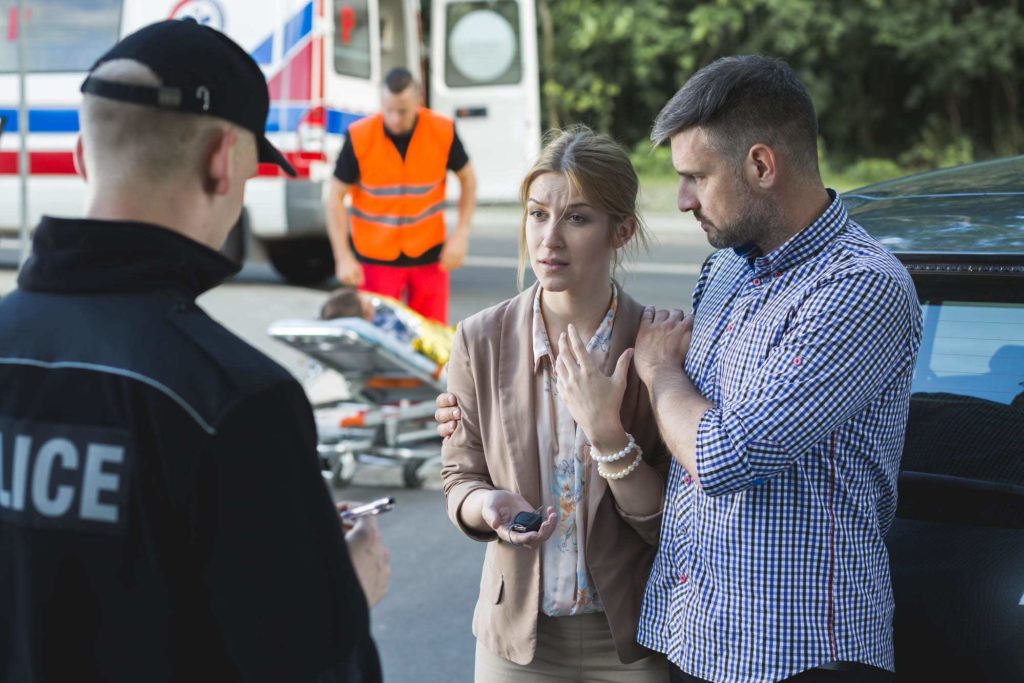
You might be offered an early settlement by an insurance company, or in some cases, the person who caused the accident might coerce you to accept payment for damages. Don’t be quick to accept such payment since you need to ensure that all physical injuries are compensated. Some injuries fail to reveal themselves until several days elapse. Never settle any claim until you are sure that you have been paid for all damages, and in case you are confused, consult your attorney before you sign the settlement documents.
8. Document all Information
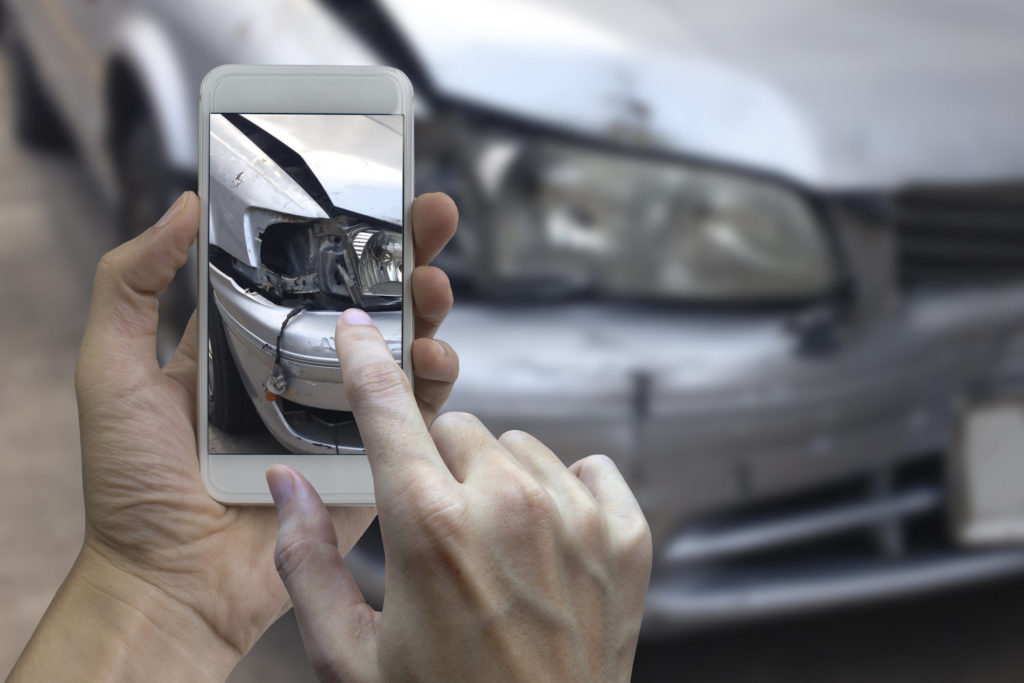
Take pictures of the damage done on the vehicle immediately after the incident. The images will help the insurance company determine the amount that you should be compensated for injury or loss, and it could also help you in court. The pictures taken after the accident can help compare and contrast the status of the car and reveal the damage extent of your vehicle.
Besides, write down the circumstances that surrounded the accident, such as traffic, weather conditions, how other drivers conducted themselves, the possibility of potholes and the exact time that the accident occurred. Such information will be necessary for investigation and might be helpful when determining the compensation.
Generally, an accident is an unprecedented event that would require proactive measures immediately after the accident. Provided that you follow the above procedures, you will be on the right side of the law. Never take matters into your own hands, and always contact a lawyer who will provide the necessary guidelines that will help you get fair compensation.







